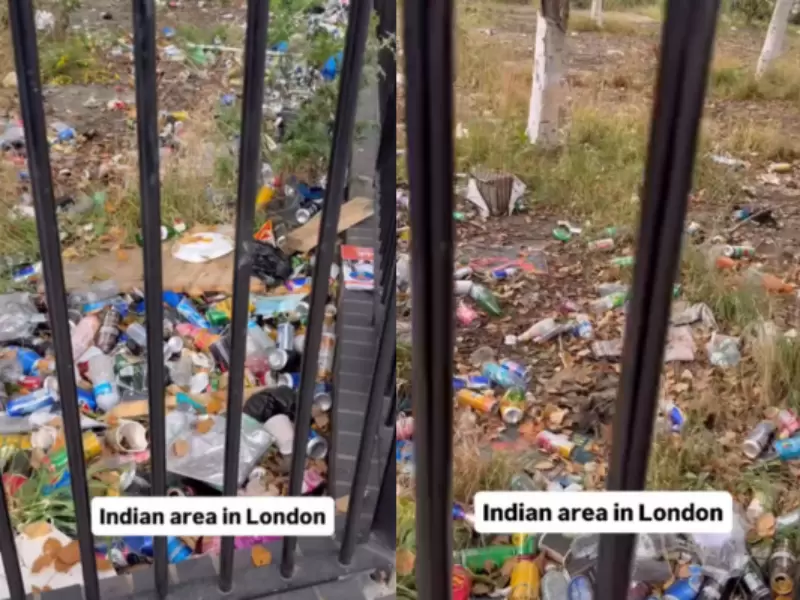Ketul Patel turns Everest trek into a playbook for business transformation
In an exclusive interview, the Indian-origin executive explains how climbing Everest taught him lessons in leadership and resilience.
 Ketul Patel, Author, 'Elevation to Everest' / Courtesy: Facebook
Ketul Patel, Author, 'Elevation to Everest' / Courtesy: Facebook
When Ketul Patel set out for the Everest Base Camp, he expected a physical test, not a professional revelation. The Indian-origin business transformation expert—now author of 'A Journey of Elevation: Lessons for Business Transformation from Everest Base Camp'—says the mountain became a mirror, reflecting the same struggles and breakthroughs he’s seen in boardrooms and supply chains. The book will be published by Koehler Books in January 2026.
In an exclusive conversation with New India Abroad, Patel said the expedition began as a casual idea among friends in 2022. “It was supposed to be a fun hike,” he recalled. “But as people dropped off, the few of us left started thinking, what if we actually go all the way to Everest Base Camp?”
Months of training and research followed. The group studied terrain, talked to guides, and built their stamina. Still, once they arrived in Nepal, Patel learned that even the most meticulous planning bends before nature’s will. Weather delays forced them from one plan to another—first Plan B, then Plan C—which meant a 19-hour drive through remote mountain roads before the hike could even begin.
Patel said that unpredictability became his first lesson. “In transformation work, like on the mountain, your best plans can collapse overnight. What matters is how fast you adapt.”
The trek pushed the team to altitudes above 16,000 feet, through mudslides, rain, and thin air. One moment from Oct. 11 still stands out for Patel—the day a mudslide cut off their route.
Sherpas carved a narrow path through unstable ground, guiding the team across one by one. “You could see what would happen if someone slipped,” Patel said. “That was a test of trust. In business, it’s the same—you depend on your people when the ground shifts under you.”
The group eventually reached the Khumbu Glacier and the Everest Base Camp after nearly two weeks of climbing. “It was surreal,” Patel said. “There was awe, relief, and this shared sense that teamwork had carried us through.”
That teamwork, Patel argues, is as crucial in corporate settings as it is on the mountain. His book draws direct parallels between altitude challenges and organizational transformation—between managing oxygen levels and managing uncertainty, and between steady pacing and sustainable growth.
Patel’s professional climb is no less steep. A graduate of the University of Houston with a background in industrial engineering from Baroda, he has led supply chain transformations for companies like Toys R Us, Avon, Michael Kors, and Deloitte. Now president of OMIIA Consulting in New Jersey, he advises companies navigating disruption and scaling for growth.
Looking back, he said the journey was as spiritual as it was strategic. “When my mother asked me how it felt, I told her, ‘I have not seen heaven, but I can visualize what the road to heaven may look like.’”
For Patel, Everest has become a metaphor. Each ascent, whether on rock or within an organization, demands the same balance of humility, endurance and courage to keep climbing.
ADVERTISEMENT
ADVERTISEMENT
E Paper
Video



 Pranavi Sharma
Pranavi Sharma











Comments
Start the conversation
Become a member of New India Abroad to start commenting.
Sign Up Now
Already have an account? Login